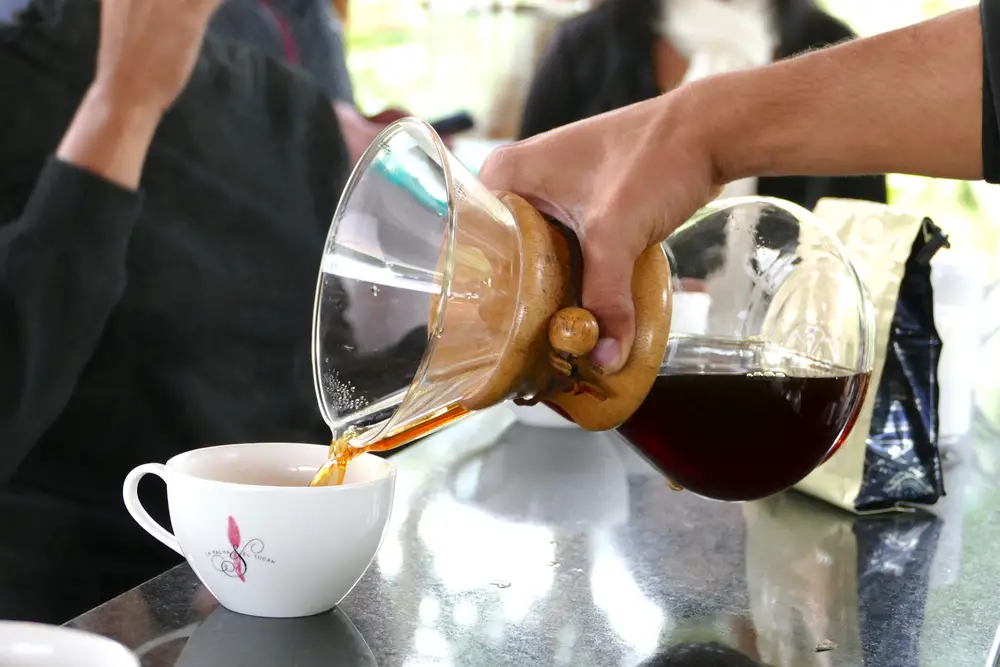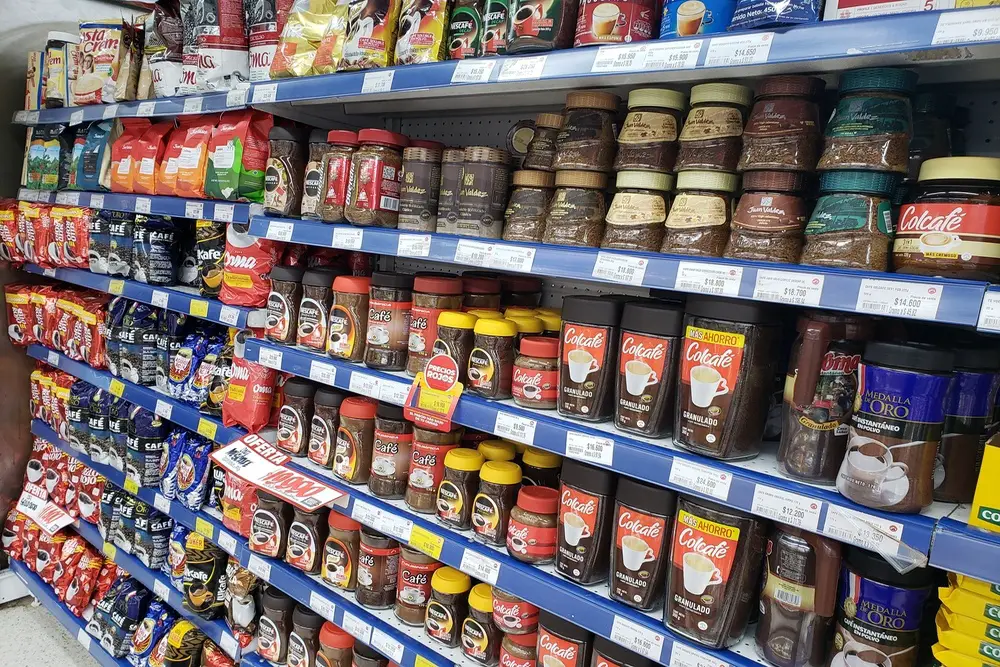Taste buds vary from person to person, so not everyone likes coffee. In the world of coffee, not all coffee drinkers like black coffee, nor do all like espresso, latte, or other types of coffee with sugar and cream.
So, coffee is a taste that takes some getting used to, but there are some coffee-based beverages that even non-coffee drinkers can use to get a taste of a traditional cup of coffee.
Table of Contents
Coffee for beginners in coffee enjoyment
If you don’t know if you like the taste of coffee drinks, there are several ways to drink coffee as a beginner. However, one of the safest options is coffee with milk. You can also take a look at the flavored coffees.
The first coffee can be a very special experience, because there is a whole coffee culture.
Coffee for people who don’t like coffee
Many people who try a coffee drink for the first time are not enthusiastic. They perceive coffee as bitter and unpleasant.
Use freshly roasted coffee beans
If you don’t like the taste of coffee from the supermarket, you should look into coffee beans. There are cafes where you can find coffee beans with a different taste.
If you don’t like the taste of a black cup of coffee, opt for light roast coffee beans. These beans are sweeter, have lower acidity, and are less bitter.
Freshly roasted beans always taste much better. Most of the flavors that coffee connoisseurs talk about, like floral, nutty, and chocolatey, only come out when using fresh beans.
Add something you like to your coffee
For example, combine hot chocolate with coffee, but you can also use other ingredients such as milk. This already changes the taste enormously.
Experimenting with coffee is a great way to approach the drink and customize coffee drinks to suit your tastes. Aside from the potency of hot chocolate, milk, and cream, you can also consider other things like honey and cinnamon.
The best coffee drinks for non-coffee drinkers
There are many different delicious coffee drinks that are also suitable for non-coffee drinkers. You can also enjoy these coffee drinks with ice to make them even more refreshing and flavorful.
Types of coffee preparations for non-coffee drinkers
If you’re drinking coffee for the first time, you might be surprised by the bitterness of an espresso or the simplicity of a black coffee. Here are some options to tone down those strong tastes.
Coffee with syrups or extracts
Syrups and extracts are added to the coffee beverage to flavor it. The most popular flavors are coffee with vanilla extract and coffee with caramel extract.
Cappuccino
As with milk coffee, flavors can also be added to cappuccino. There are also pre-flavored coffee beans that you can use as a base for your cappuccino. Some popular flavors are caramel, nutmeg, and French vanilla.
Iced coffee
Not everyone wants hot coffee, and a hot drink is not always possible. This is where the ice comes in. Many of these types of coffee can be drunk with ice, e.g. B. Vietnamese coffee or Frappuccino.
How can I take caffeine if I don’t like coffee?
Caffeine pills
If you need a simple pick-me-up, caffeine pills will help. The effect is the same or similar to consuming coffee.
Tea
Tea is a good source of caffeine. Black, green, and white tea have different levels of caffeine, even though they’re all made from the same tea leaves. A cup of black tea contains up to 90 mg of caffeine. Green and white teas contain less caffeine.
What are the effects of coffee on non-coffee drinkers?
While coffee is one of the most consumed beverages in the world, it doesn’t affect everyone in the same way.
For example, some people can drink several cups of coffee a day without experiencing any adverse effects, while others experience significant effects after just one cup of coffee.
Studies show that non-coffee drinkers experience a greater energy boost from caffeine consumption than regular coffee drinkers.
Regular coffee drinkers can benefit from their first cup of coffee, but non-coffee drinkers get more energy from their first cup. Still, drinking too much coffee has negative effects no matter which group you belong to.
Effect of caffeine on non-coffee drinkers
Caffeine is a stimulant that causes a short-term improvement in brain function, an increase in energy levels, and an increase in metabolic rate and physical performance.
Caffeine blocks the action of adenosine, a molecule that makes us sleepy. Numerous studies have measured the effects of caffeine on mental performance, testing both regular caffeine users and non-users.
- Regular caffeine users seem to be more alert and alert after consuming caffeine.
- When people who do not normally consume caffeine consume caffeine, they feel alert but jittery. Caffeine consumption did not improve their alertness and mental alertness.
- However, when tested for finger tapping speed, caffeine improved motor skills in both regular caffeine users and non-users.
Benefits of coffee consumption
Coffee gives us a “boost” when we need an energy boost. However, coffee consumption has other potential benefits.
- Though insignificant, coffee provides trace amounts of magnesium, phosphorus, B vitamins, manganese, and omega-6 fatty acids. Coffee is known to contain more antioxidants than other beverages.
- It’s a good diet supplement. Coffee is very low in calories; black coffee contains about two calories per cup.
- The caffeine in coffee can both increase adrenaline levels and reduce body fat. By increasing adrenaline levels, your endurance during exercise can improve.
Research has also found that regular coffee drinkers have a 30% lower risk of stroke than non-coffee drinkers, and that the reduced risk of cardiovascular problems is related to coffee’s antioxidant properties.
Conclusion
Coffee has a strong taste. Like whisky, wine and olives, this one takes some getting used to. By adding other ingredients, this strong taste can be reduced or changed.
Non-coffee drinkers feel more alert after consuming caffeine, but do not see any significant improvements in mental performance. In addition, frequent coffee drinkers have a reduced risk of serious diseases such as Alzheimer’s, Parkinson’s, liver cancer and cirrhosis.



